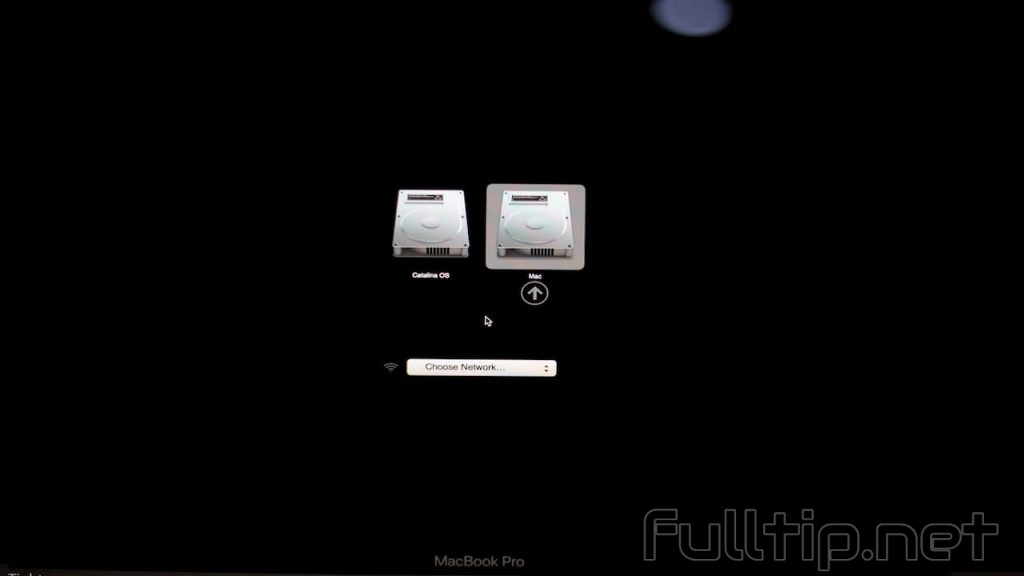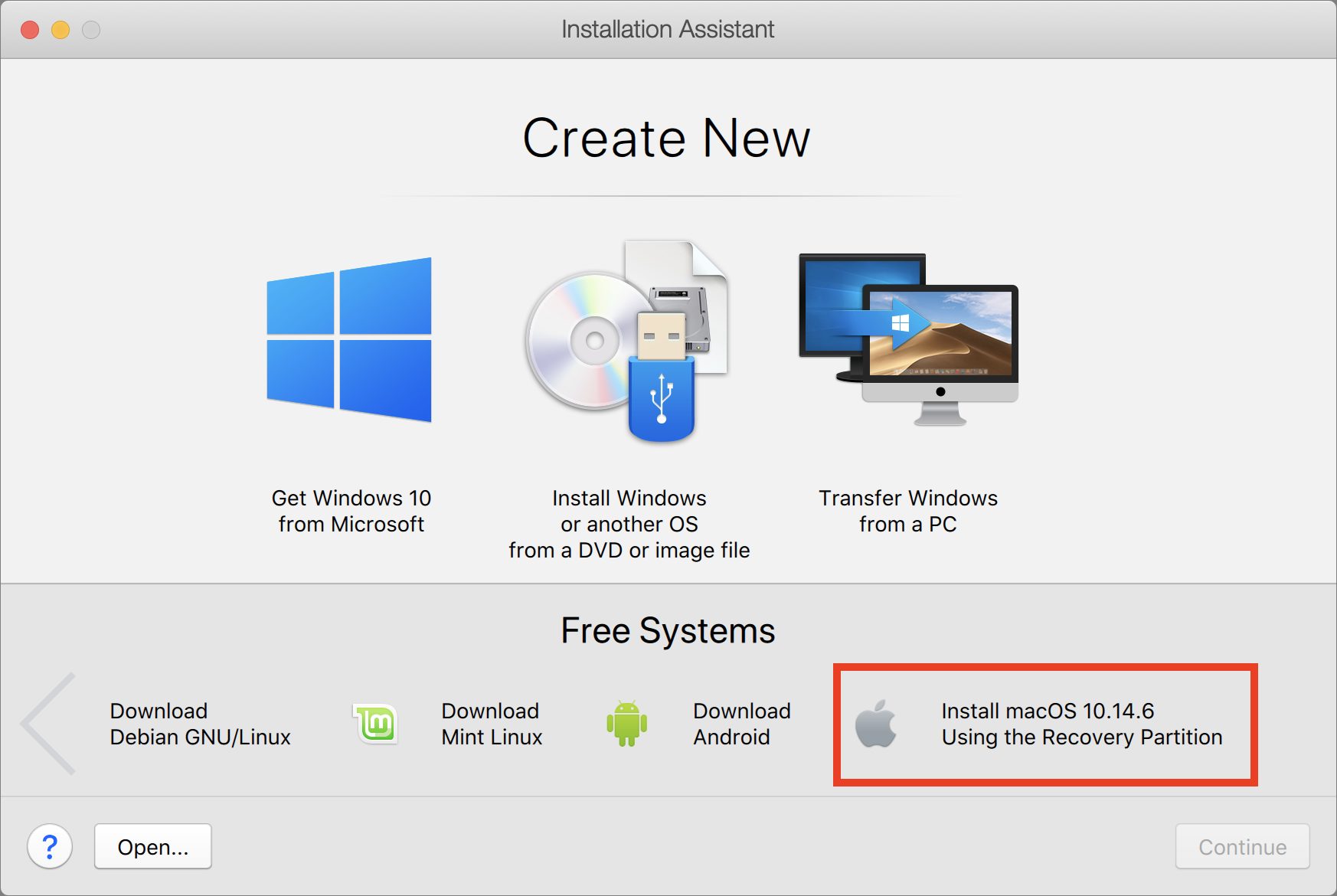I love playing with different operating systems including Linux, Windows, and Mac. I like macOS Catalina that’s why I run a Hackintosh Catalina on my Thinkpad T450. It runs very well and I am pretty satisfied with it. Today, I want to install Parallels Desktop version 15.0 on my Hackintosh. I want to share with you how this program performs on Catalina. Parallels is not the only software to run Windows on macOS. You can also use Virtualbox as well as VMware Workstation. But in this particular post, I will focus on Parallels.
Parallels Install Macos Catalina Island

I just bought Parallels on the AppStore specifically so I could install macOS Mojave and iMovie in order to convert my old.mov files to.mp4 since these are incompatible with later versions of macOS and iMovie and there is not out of the box way to convert them in these. Parallels Desktop 15 can currently utilize macOS Catalina as a VM, with support for Catalina as a host operating system (OS) following its public release (expected in early fall 2019).
There are so many things have been updated to this new version 15.0. You may want to take a look at what’s new on Parallels 15 here. It works flawlessly on macOS Catalina for sure. If you want to run multiple operating systems on your Mac, then you can continue to follow this guide to install Parallels.
Steps to install Parallels 15 on macOS Catalina
Step 1. Obtain the Parallels Installer

Open the disk image, then open the.pkg installer inside the disk image. It installs an app named Install Version Name. Open that app from your Applications folder to begin installing the operating system. MacOS Sierra 10.12 can upgrade El Capitan, Yosemite, Mavericks, Mountain Lion, or Lion.
Go to the following page to download the latest version of Parallels. You may download the free trial version or you can also purchase the full version.
Parallels Install Macos Catalina Update
Save the file ParallelsDesktop-15.1.3-47255.dmg to your download folder.
Step 2. Install Parallels
Double-click the dmg file you’ve just downloaded and then double-click or right-click and choose open on the following window
Wait until the installation process completes. Once completes, you can start using Parallels Desktop to create your first virtual machine.
Step 3. Create a new virtual machine
Run Parallels Desktop. From the first window, select Install Windows or another OS from a DVD or image file. At this point, we must have an ISO file for the operating system we are going to install. For example, I am going to install Fedora on my system.

Click Install Windows or another OS from a DVD or image file
Parallels can detect any ISO file automatically. Choose the operating system and click Continue.
Now provide a name and install location
Enable the option Customize settings before installation to modify some default settings. Click Create and then we can start customizing the new VM. You can modify the cpu and memory allocation, graphics performance and so on.
Click Continue and you can now start the virtual machine
That’s it. Now you can create as many vm’s as you want. Only your system resources are the limit.